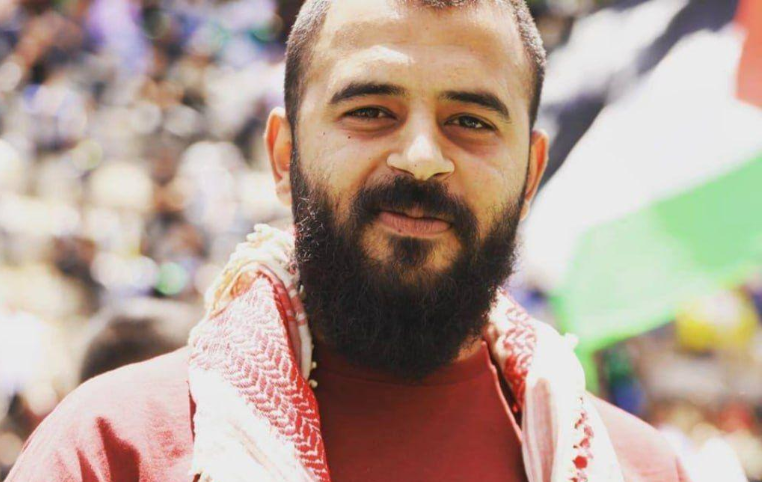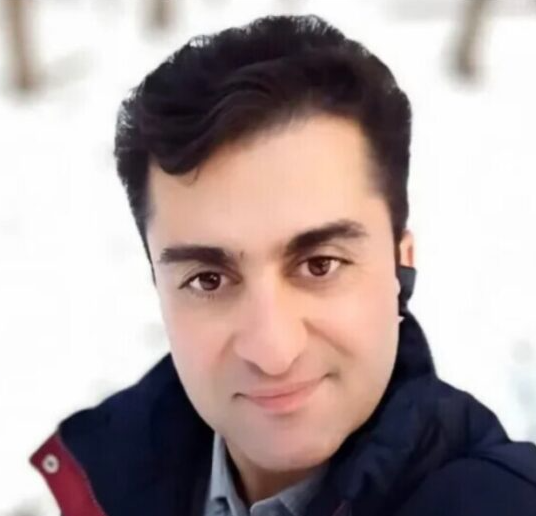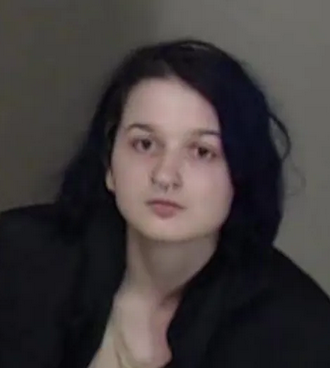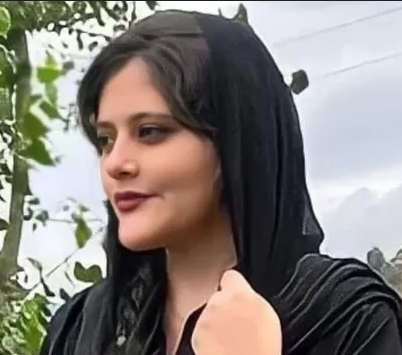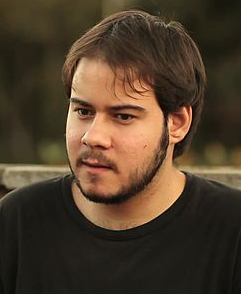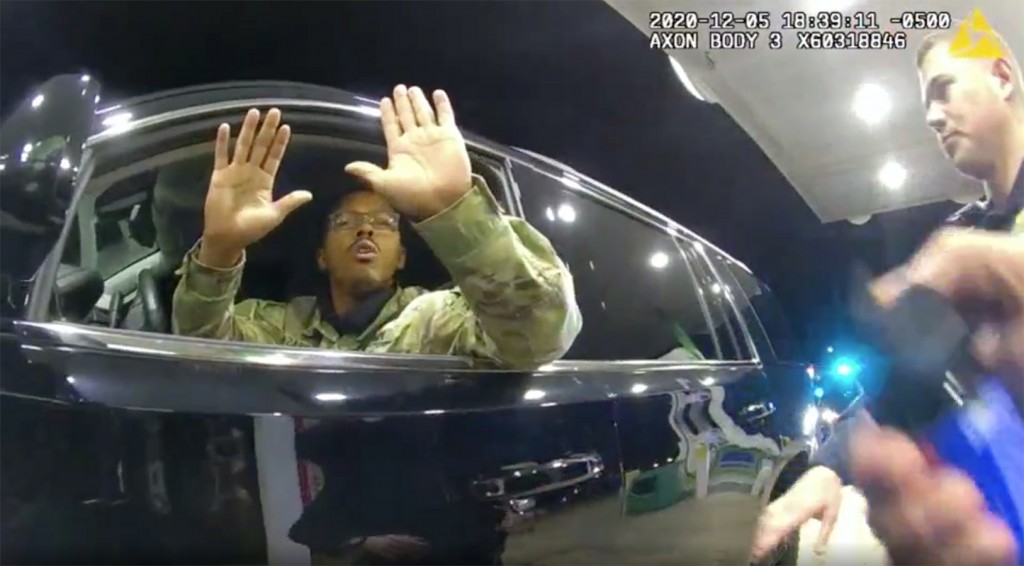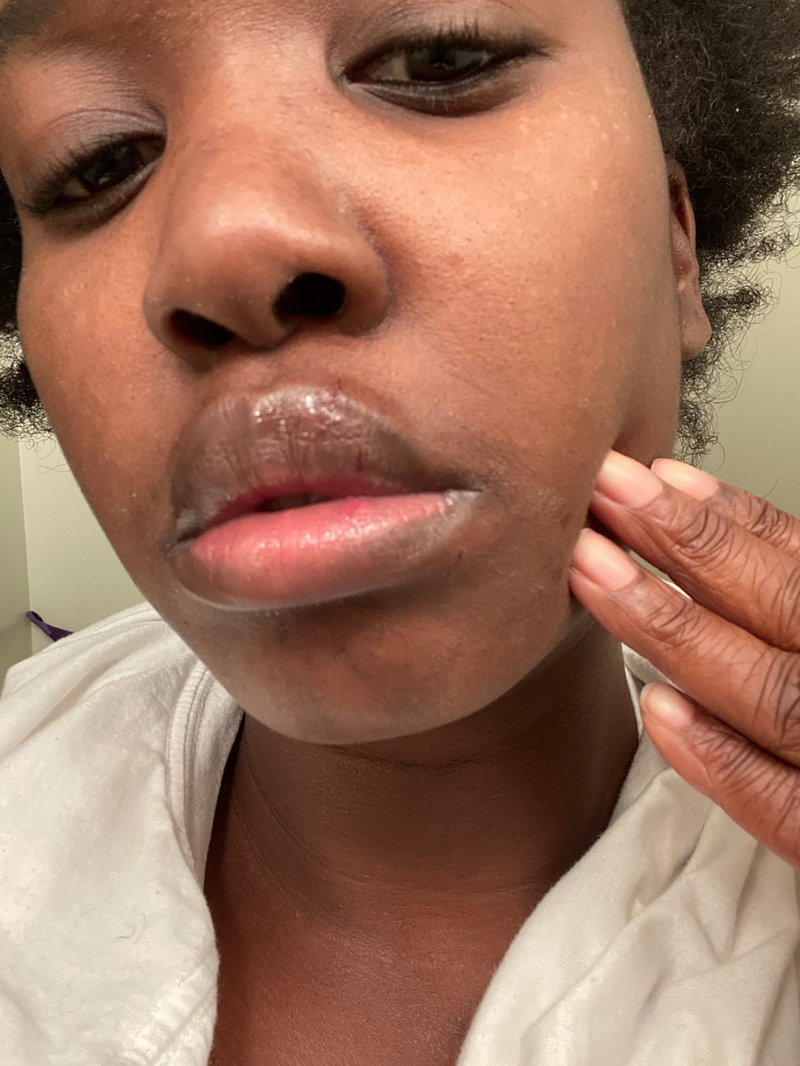Pablo Rivadulla Duró (born 9 August 1988), known artistically as Pablo Hasél, is a Catalan rapper, writer, poet, and political activist. His songs and actions, often controversial and in support of far-left politics, have led to a number of criminal charges and convictions in his country. In June 2020 he was sentenced to six months in prison for pushing and spraying washing-up liquid at a TV3 journalist and to two and a half years for kicking and threatening a witness in the trial of a policeman. He was imprisoned on 16 February 2021 on a nine-month sentence for recidivism in insulting the Spanish monarchy, insulting the Spanish army and police forces, and praising terrorism and banned groups. This has been labeled an attack on free speech by certain groups both in Spain and overseas, including Amnesty International, and led to numerous protests and riots.
In October 2011, Pablo was arrested and bailed for a song titled Democracia, su puta madre in which he praised Manuel Pérez Martínez “Camarada Arenas“, the former secretary general of the PCE(r), who was sentenced to 17 years in prison for belonging to the terrorist group GRAPO. In April 2014, Pablo was given a two-year prison sentence for the lyrics of ten songs in praise of GRAPO, ETA, Al-Qaeda the Red Army Faction and Terra Lliure, and threats against leading politicians like José Bono or Patxi Lopez.
The Audiencia Nacional court suspended his entry into prison for three years in September 2019, on condition that he not reoffend, since the sentence was less than two years. Pablo violated this condition by continuing to sing and tweet. Pablo has denied that he supports Al-Qaeda or that it was listed among the groups he was charged with supporting.
In May 2014, Pablo was arrested for being part of a group of around fifteen people that attacked a stall belonging to the Lleida Identitària, linked to the far-right Platform for Catalonia (PxC) party.
In November 2014, Hasél released a song called “Menti-ros” which included several depictions of shooting, stabbing or bombing the mayor of Lleida, Àngel Ros. He was charged with making threats. In February 2017 he was convicted of disrespecting authority, after the court concluded that the song did not meet the legal definition of a threat. He was fined €530.
In June 2016, Pablo pushed, insulted and sprayed washing-up liquid at a TV3 journalist. He received six months in prison and a fine of €12,150 in June 2020. A few days after the court ruling and as a result of it, a group of unknown individuals attacked the headquarters of TV3 in Lleida. In the same month, he received a 21⁄2-year sentence and €2,500 fine for assault and obstruction of justice, namely for kicking and threatening a witness in the October 2017 trial of a policeman eventually acquitted of assaulting a minor, accusing him of providing false testimony. This sentence was confirmed in 2021, days after his imprisonment.
In a February 2018 interview, Pablo defended his support of the Catalan Republic, and developed his position on free speech: “I will not be a hypocrite, I do not defend freedom of expression in the abstract. I do not defend the freedom of expression of a pedophile or a Nazi to say that homosexuals should be killed. Precisely, I fight against that. […] I stand for freedom of expression to fight for democratic rights.” Later on, in another interview, in March 2018 Pablo said he was unable to find work due to his criminal convictions that disqualified him from the public sector for ten years, and that his last work had been grape picking in France.
In March 2018, Pablo was convicted by Spanish Special Court Audiencia Nacional in Madrid to a two-year prison sentence and a fine of €24,300 for insulting and slandering the Crown and using the King’s image (for which he was ordered to pay a fine), for insulting and slandering State institutions (for which he was also ordered to pay a fine); and for the offence of glorification of terrorism, being aggravated because it was a repeat offence, for which he was sentenced to seven months imprisonment in one song lyrics and in 64 tweets. The song was titled Juan Carlos el Bobón, which roughly translates as Juan Carlos the Clown, a wordplay on the former king’s actual name, Juan Carlos de Borbón. In the song, Pablo recounts the former king’s numerous scandals in a chronological order. Many of his 64 incriminated tweets were actually about police violence and a lack of accountability in that area. In one of those tweets used in the court case Pablo wrote that Joseba Arregi Izagirre, a 1981 accused ETA member, was tortured to death in a Madrid prison; pointing out this fact was part of the evidence used to claim he supported terrorism.] An appeals judge later reduced his jail term to nine months and one day because his social media remarks did “not pose a real risk” to anyone. This decision was ultimately upheld by the Supreme Court of Spain in May 2020; both rulings were hugely controversial rulings.
One of the judges of the Spanish Special Court Audiencia Nacional in Madrid who sentenced Pablo was Nicolás Poveda Peña, who was an active member of the fascist Falange, the political movement of dictator Franco, and ran for election on the lists of the Falange Party – Poveda was appointed judge by the fourth turn, that is, without going through the process of competing for the position.
On 28 January 2021, Pablo was ordered to voluntarily enter prison within ten days to serve the nine-month and one day sentence. The order was made public by the artist himself. On the same day the President of the European Court of Human Rights (ECHR) in Strasbourg, Róbert Ragnar Spanó, issued a warning to Spain that the Strasbourg doctrine on the rights in cases of criticism of ″public personas″ is ″clear″, quoting from two other Spanish cases where the ECHR ruled that Spanish sentences had been disproportionately harsh. Spanó explained that “public office holders, ministers, kings – because of the public nature of their functions – must accept wider ranges of criticism“.
On 6 February a thousand people gathered in the Plaza Jacinto Benavente in Madrid in solidarity with Pablo and in defence of freedom of expression and conscience with dozens of riot police vans and police armed with rifles in front of the gathering. On 12 February 2021, the day of his deadline to go to prison, Pablo released the song, Ni Felipe VI, ironically dedicating it to “the misnamed progressive [PSOE-Podemos] government which has perpetuated repression. Feeling nervous as the streets fill up for freedom of expression, they have promised to do something, trying to stop the mobilization, but only with this will we win this struggle“. The song begins with an intervention by the Spanish king Felipe VI in which he states that “without freedom of expression and information there is no democracy”. Within the first month the song had 1.5 million views on Youtube.
Pablo publicly refused this prison order, and was eventually arrested on 16 February. Pablo, alongside a group of over 50 students, had barricaded himself inside University of Lleida’s rectorate building in protest against his sentence. Pablo‘s freedom was supported by Amnesty International and a letter signed by 300 Spanish artists including Pedro Almodóvar and Javier Bardem, as well as by President of Mexico Andrés Manuel López Obrador, former Bolivian President Evo Morales and Venezuela’s president Nicolás Maduro. Pablo‘s imprisonment led to nights of protests involving thousands of people in cities including Valencia, Madrid and Barcelona. Podemos has likened Pablo‘s case to that of Valtònyc, another Spanish rapper prosecuted by the Spanish judiciary, who fled to Belgium in 2018 after a 31⁄2-year prison sentence for writing song lyrics that a court found glorified terrorism and insulted the monarchy. PEN Català published a communiqué – in collaboration with the Catalan Academy of Music, the Association of Catalan Language Writers, the Association of Periodicals in Catalan, Editors.cat, the Fira Literal, Freemuse, the Catalan Publishers’ Guild, Llegir en català, Òmnium; in defense of freedom of expression and for the release of Pablo.
On 1 March 2021, the public prosecutor’s office asked for another five years and three months in prison for Pablo, for incidents that took place on the night of 25 March 2018 in the attempted assault on the Government subdelegation in Lleida in protest against the arrest of Carles Puigdemont a few hours earlier in Germany. Pablo and 10 defendants had the intention, according to the Public Prosecutor’s Office, to disrupt the protection operation and “gain access to the building“, a symbol of the central government in Lleida. The State Attorney’s Office is involved in the case to claim compensation for the material damage, while the Generalitat de Catalunya brought no action against Pablo.
On 22 March 2021 the Council published the Commissioner for Human Rights, Dunja Mijatović, letter addressed to the Minister of Justice of Spain. It stated that – in addition to the lack of legal clarity – Spanish courts in Madrid had not explained in such cases whether the denounced “glorification of terrorism really entailed the risk of a real, concrete and immediate danger“. Only then could anti-terror legislation be used to restrict freedom of expression. With regard to the allegations of lèse-majesté, it stressed that the possibilities for restricting freedom of expression here were very limited, “especially when it comes to politicians, public officials and other public figures”. It called for “comprehensive” legislative changes to strengthen freedom of expression in line with the European Convention on Human Rights. And the European Commission for Democracy through Law (Venice Commission) also requested Spain to reform its Law on Citizen Security of 2015 because of its repressive potential.
In November 2023, the European Court of Human Rights declined Pablo‘s application against Spain, stating that it considered his conviction to be proportional, based on relevant and strong enough grounds and addressing a pressing social need. Among other arguments, the institution pointed out that his committal to prison was because of his consecutive sentences and that he had just been sentenced to a fine for his statements regarding Juan Carlos I. The ECHR also justified its ruling by stating that unlike some other defendants whose sentencing by Spanish courts it had criticised previously, Pablo, when making critical statements about the monarchy and police, had not been a representative of a political party but merely a singer and had had time to consider his utterances rather than speaking on the spur of the moment; he had also not included evidence for his positions in the tweets and the songs. The Columbia Global Freedom of Expression academic initiative commented that with this ruling, “the Court contracts its own previously established broad scope of protection for political speech in this area” and goes against its own statements in earlier rulings that states should “restrain in the use of criminal proceedings against criticism of political institutions” and use prison sentences as punishment for political speech “only in exceptional circumstances“.
Protests
In the days and weeks after his arrest, a wave of protests occurred in cities across Catalonia and the rest of Spain. Damages in Barcelona were estimated at €1.5 million. Violence was reported in several cities. Nearly 200 people were detained, 200 injured, a Reuters-journalist and a 19-year-old woman, who lost an eye, were among those when agents from the Mossos d’Esquadra fired foam bullets into the crowd. On 1 March, a group of elderly people chained themselves to the Paeria palace, Lleida’s town hall, demanding “an end to the repression of young people” and that agents responsible for wrongful actions be dismissed from the Mossos d’Esquadra.

